Old Leaders in a New Africa
Select...
SITUATION REPORTS
ESwatini: King Mswati III Agrees to National Dialogue
Nov 3, 2021 | 19:21 GMT
Zambia: Opposition Leader Wins Presidential Election in Landslide
Aug 16, 2021 | 17:23 GMT
Somalia: Leaders Reach Agreement to Hold Delayed Elections
May 28, 2021 | 18:52 GMT
Tanzania: New President Forms COVID-19 Advisory Committee
Apr 6, 2021 | 19:37 GMT
Tanzania: Country Swears in Hassan as First Female President
Mar 19, 2021 | 17:35 GMT
Ethiopia: Amhara Claims Western Tigray, Dismisses U.S. Remarks of ‘Ethnic Cleansing’
Mar 12, 2021 | 22:00 GMT
Congo: Prime Minister Resigns After Accepting No-Confidence Vote
Jan 28, 2021 | 21:05 GMT
Congo: National Assembly Ousts Kabila-Allied Speaker
Dec 11, 2020 | 21:09 GMT
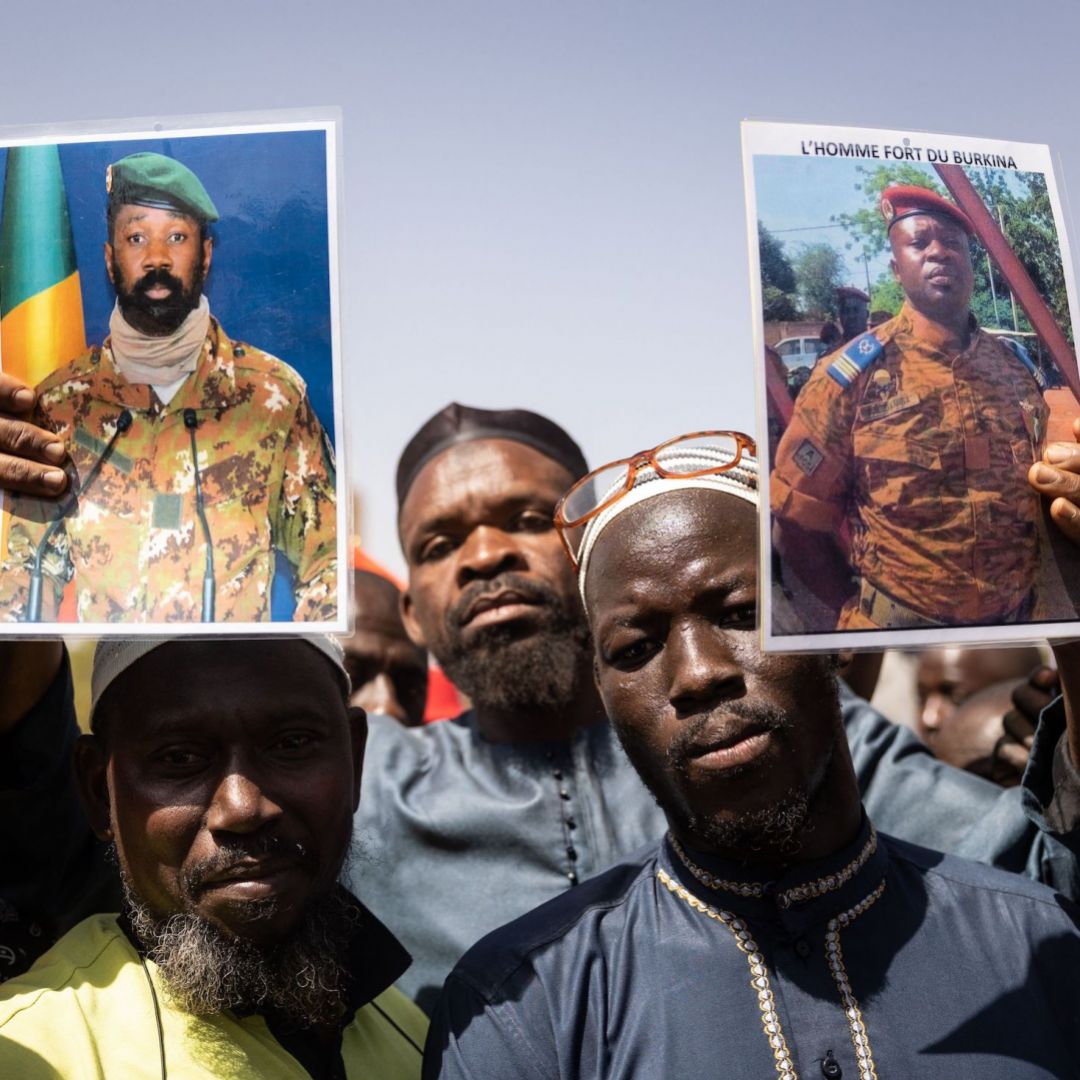
On GeopoliticsFeb 7, 2022
Putting West Africa’s ‘Coup Contagion’ in Context
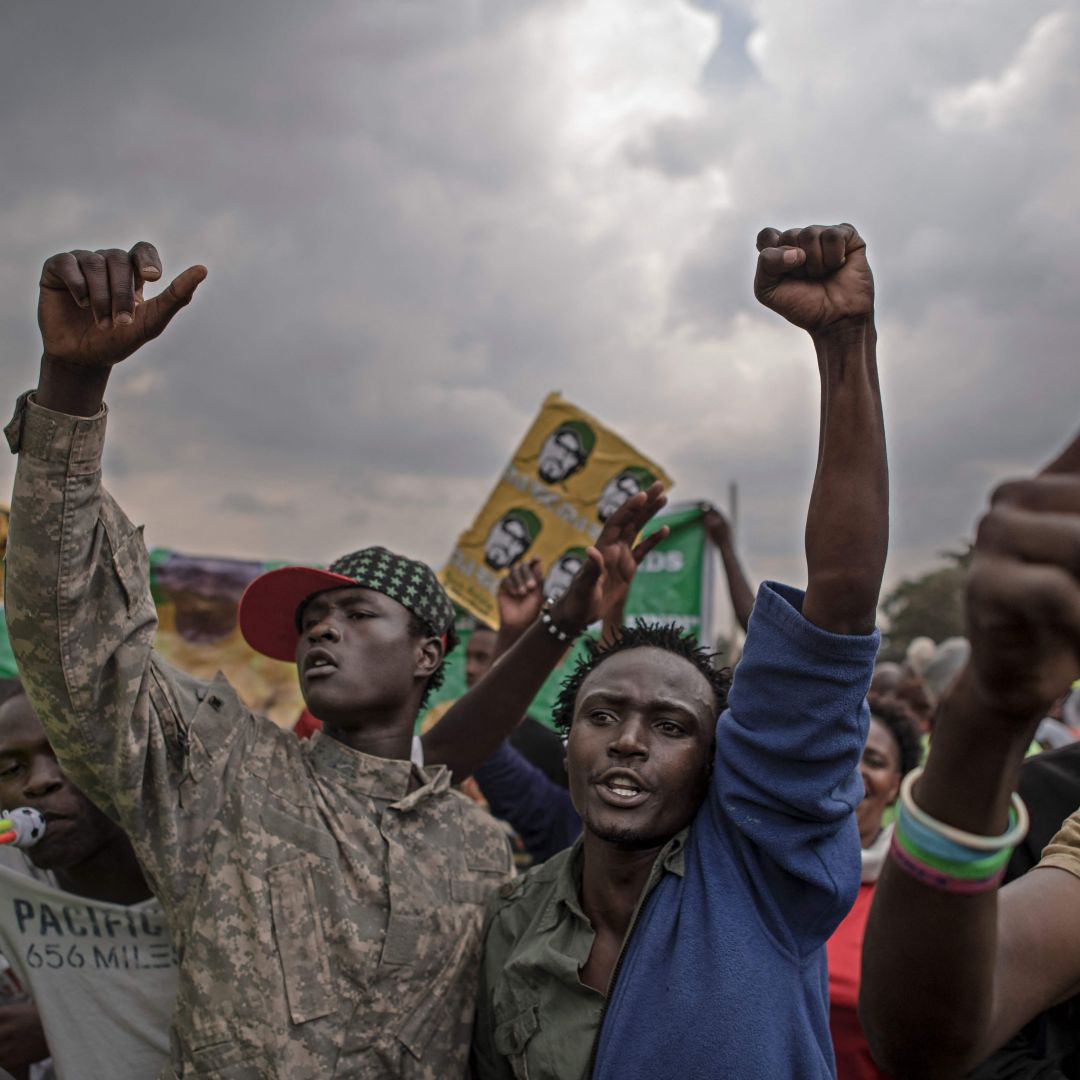
AssessmentsJan 24, 2022
What’s at Stake in Kenya’s 2022 Presidential Election
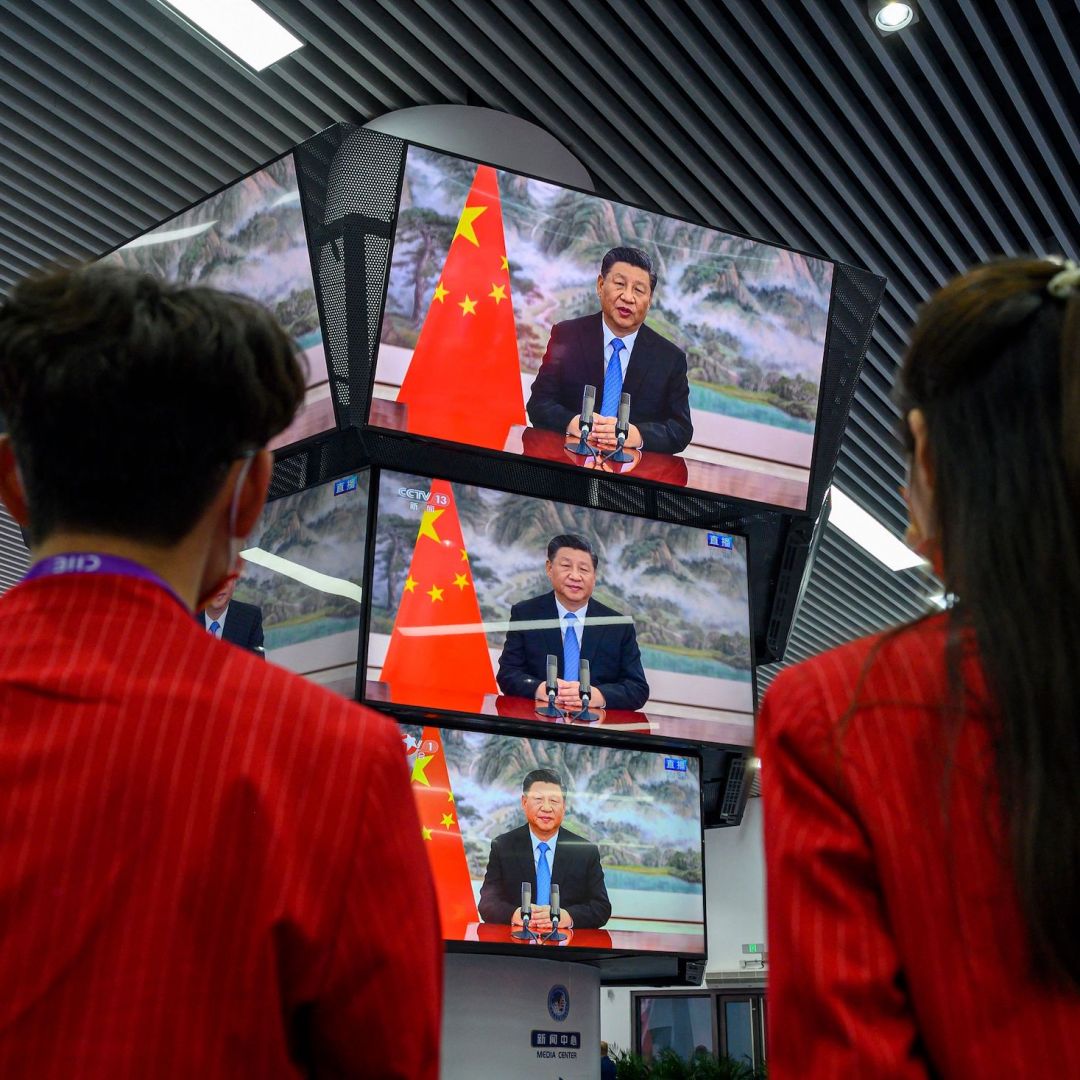
GuidanceNov 6, 2021
The Weekly Rundown: China's Sixth Plenum, U.S.-Egypt Strategic Dialogue
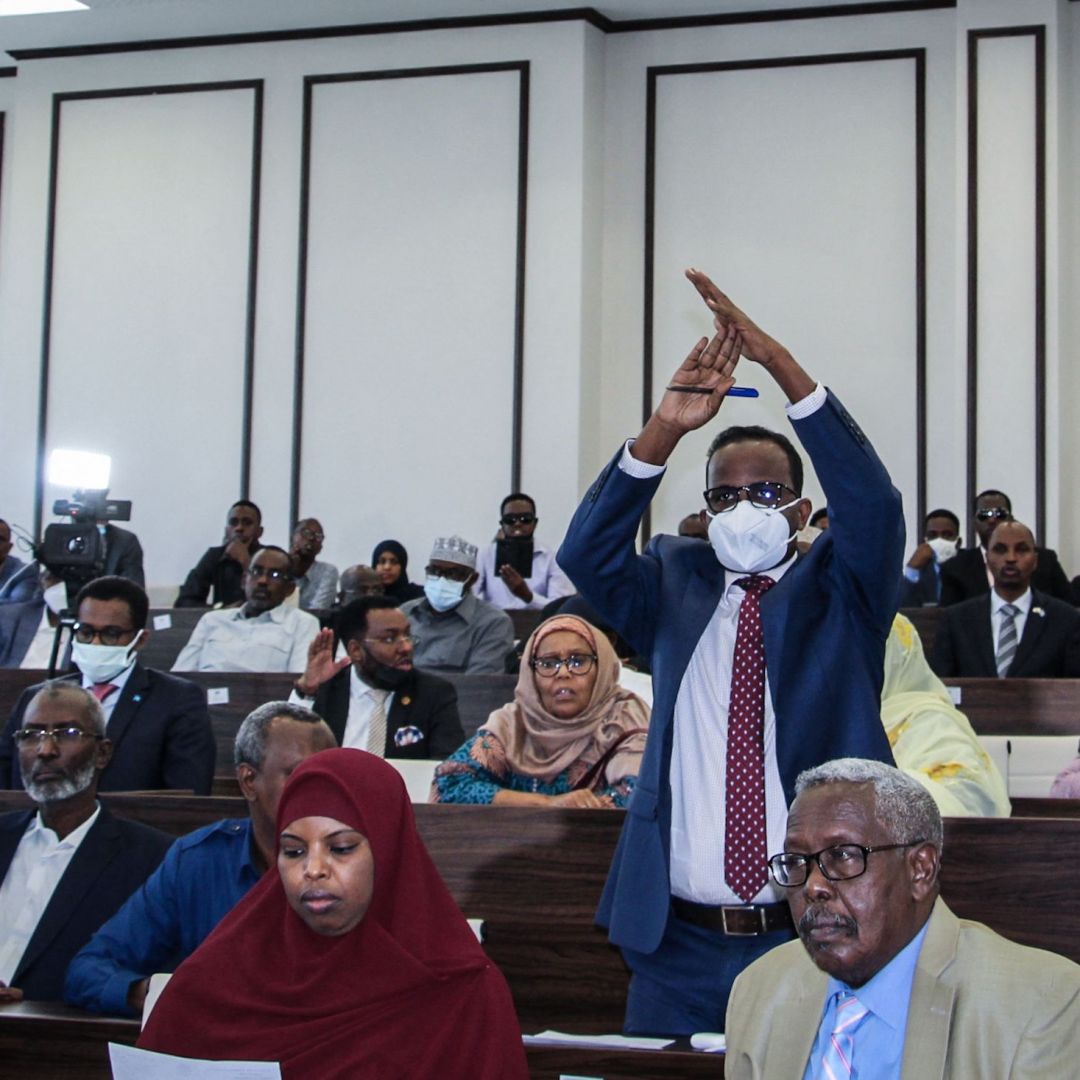
AssessmentsMay 4, 2021
Reversing a Controversial Law Won’t End Somalia's Political Crisis
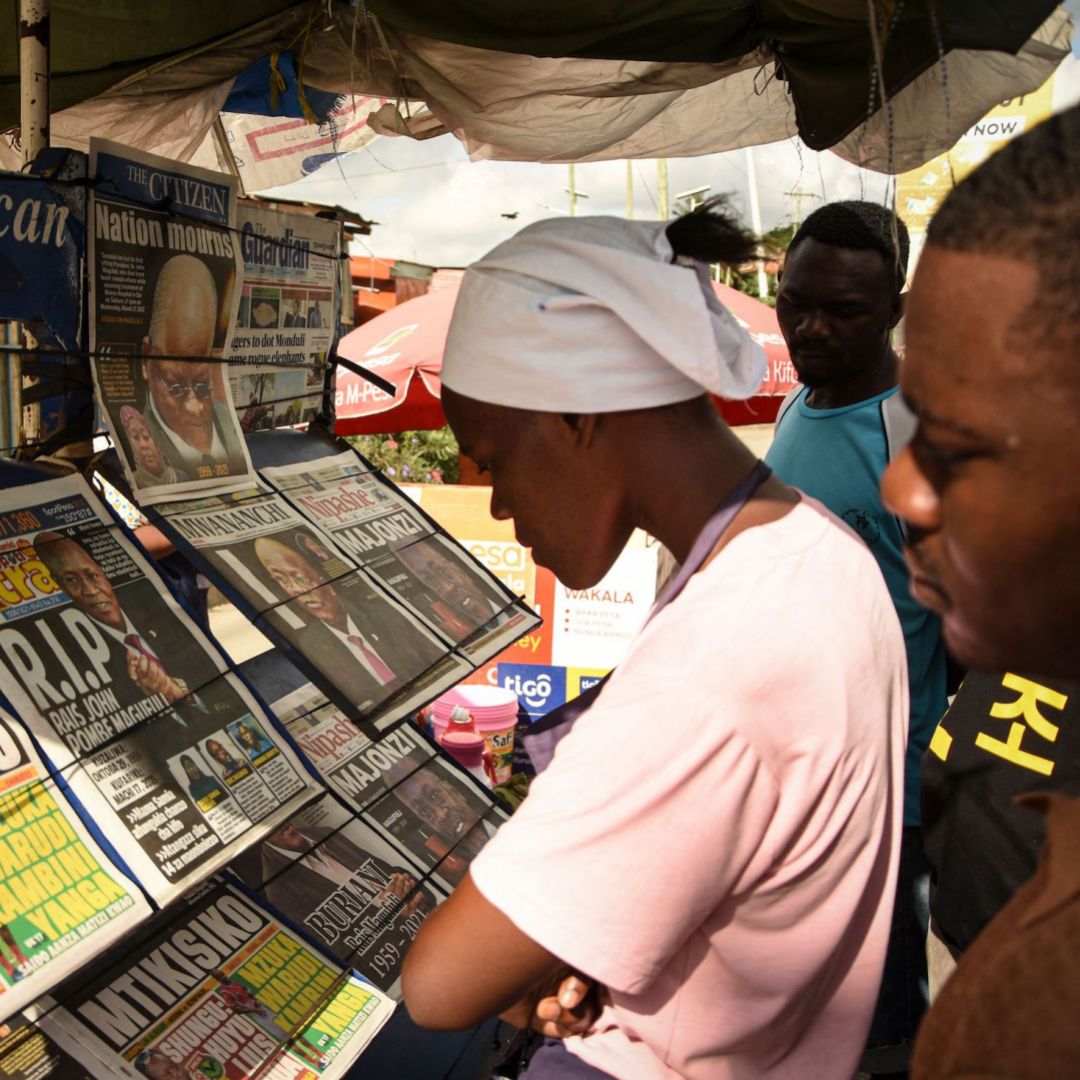
AssessmentsMar 18, 2021
Tanzania’s President Has Died, but His ‘Bulldozer’ Policies Will Live On
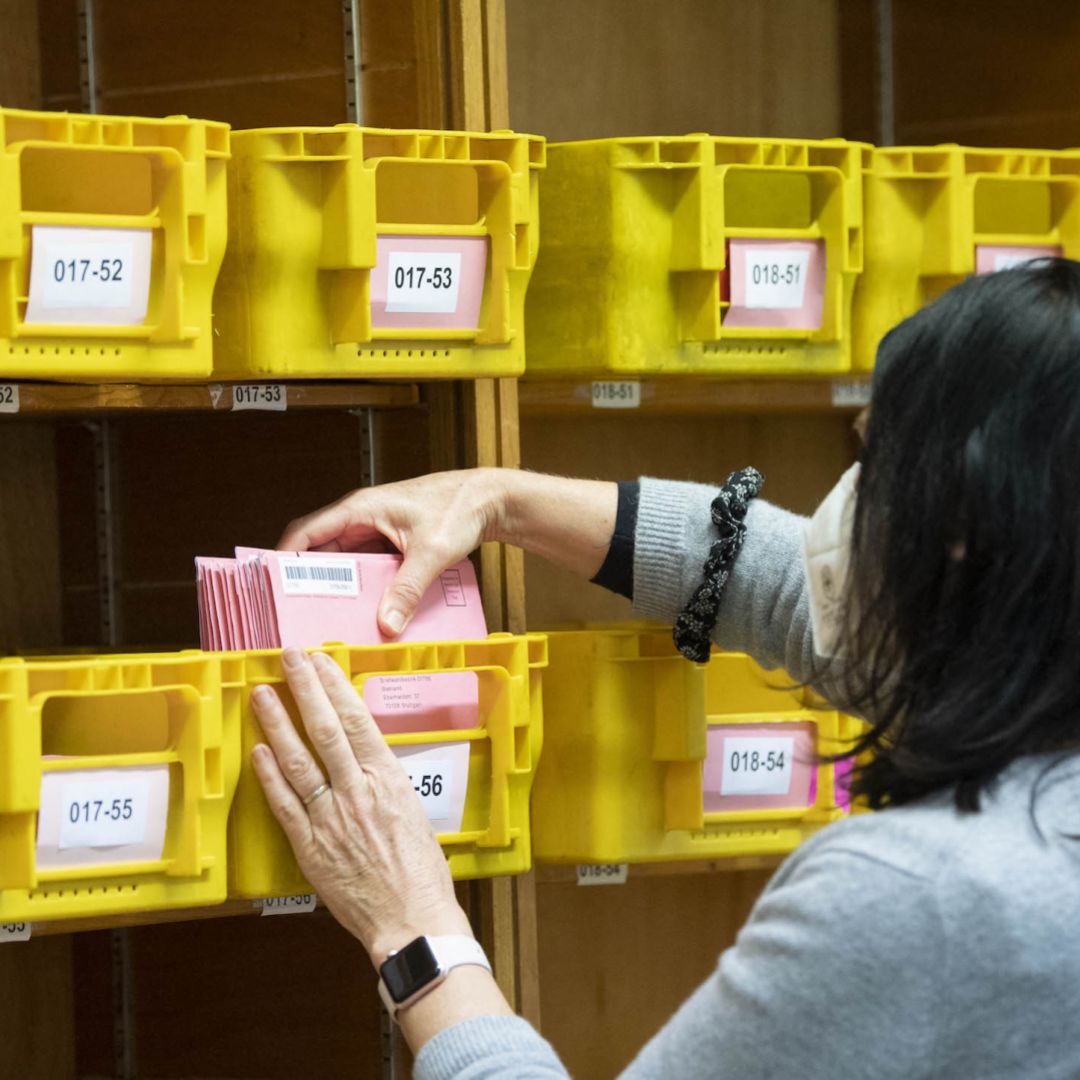
GuidanceMar 13, 2021
The Weekly Rundown: The Tanzanian President's Health, and High-Level U.S.-China Meetings
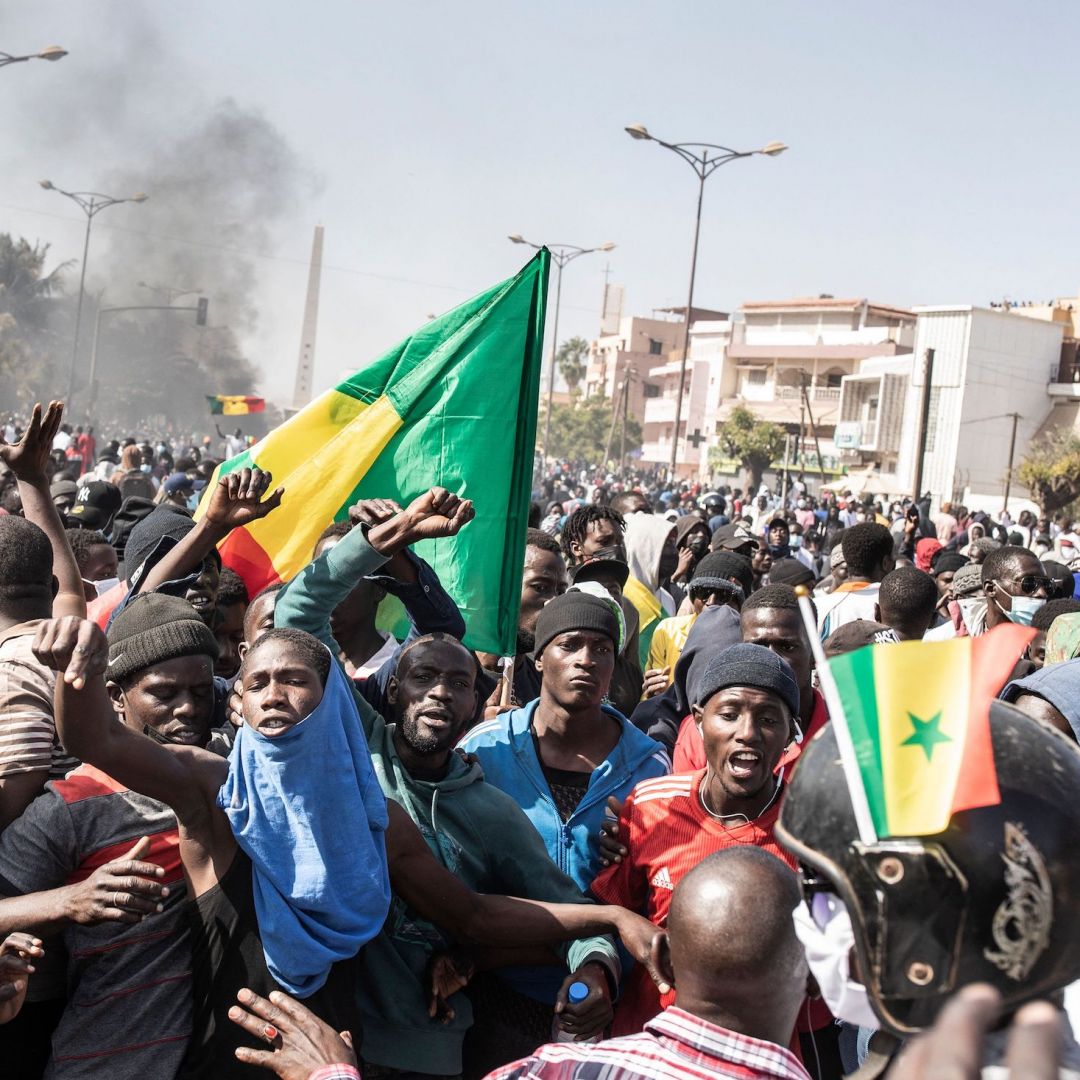
AssessmentsMar 12, 2021
An Opposition Leader’s Arrest Threatens Senegal’s Stability

AssessmentsMar 8, 2021
In the Sahel, a French Exit Will Be Easier Said Than Done
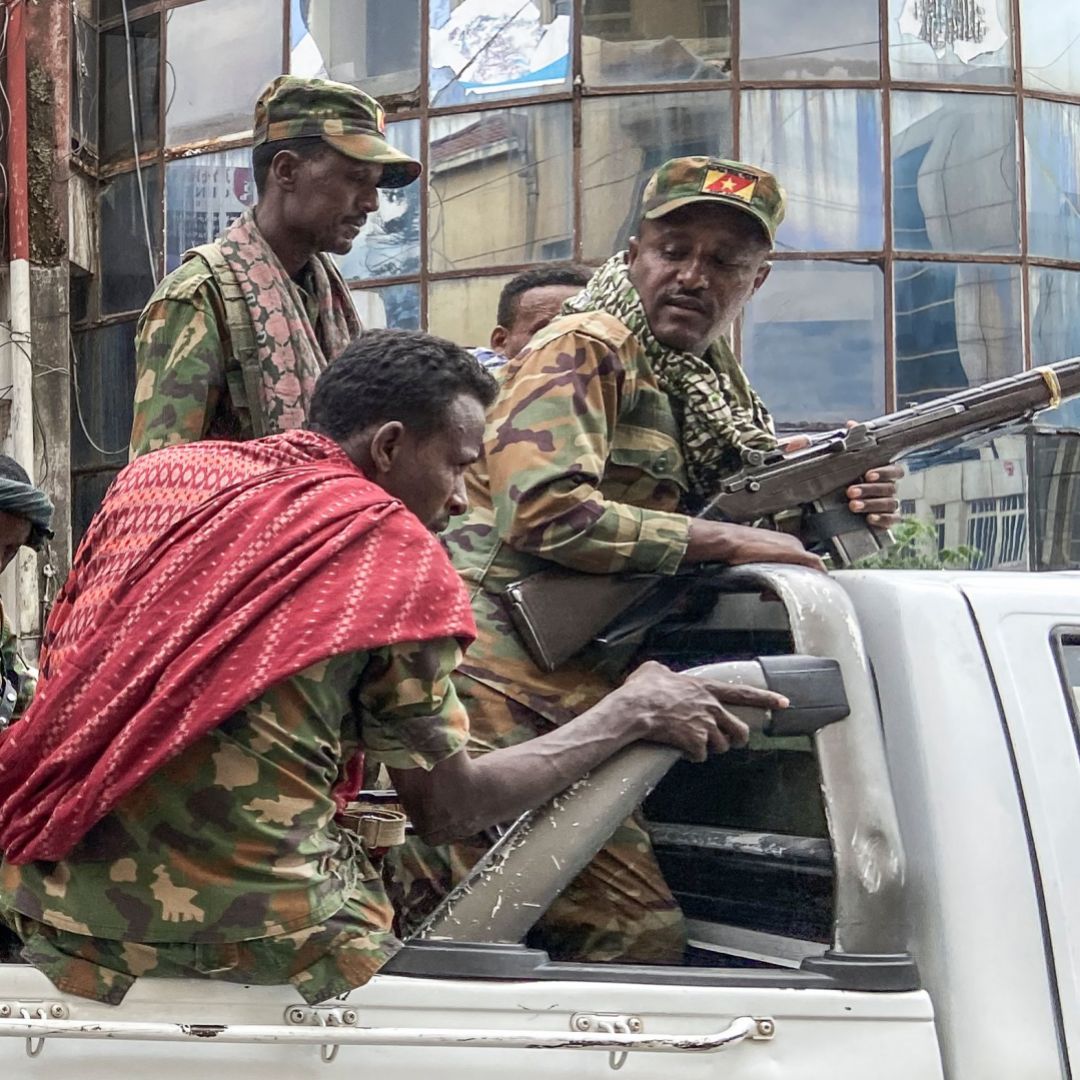
AssessmentsNov 20, 2020
What’s at Stake as Ethiopia Barrels Toward Civil War
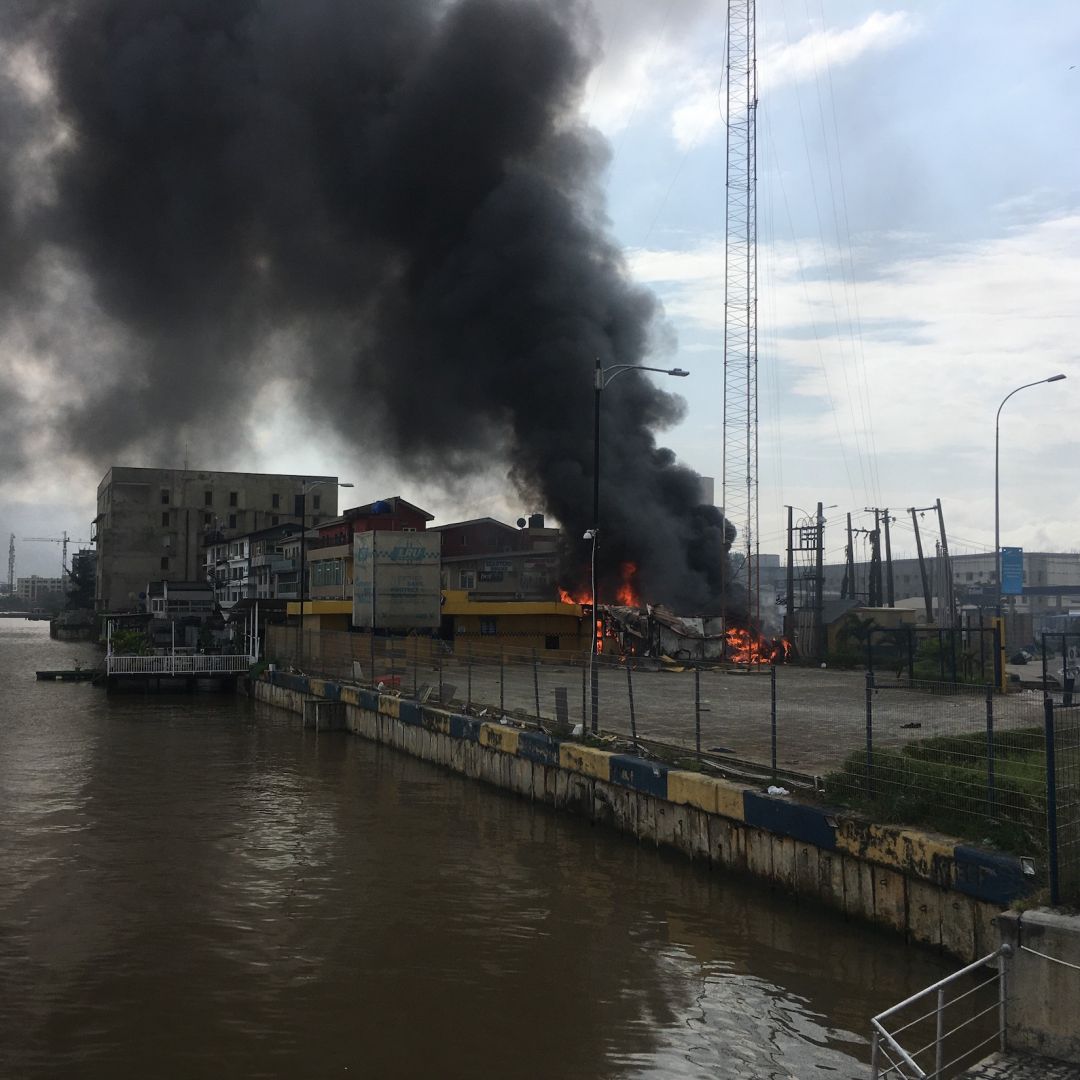
AssessmentsOct 22, 2020
Nigeria's #EndSARS Protests Back Its President Into a Corner
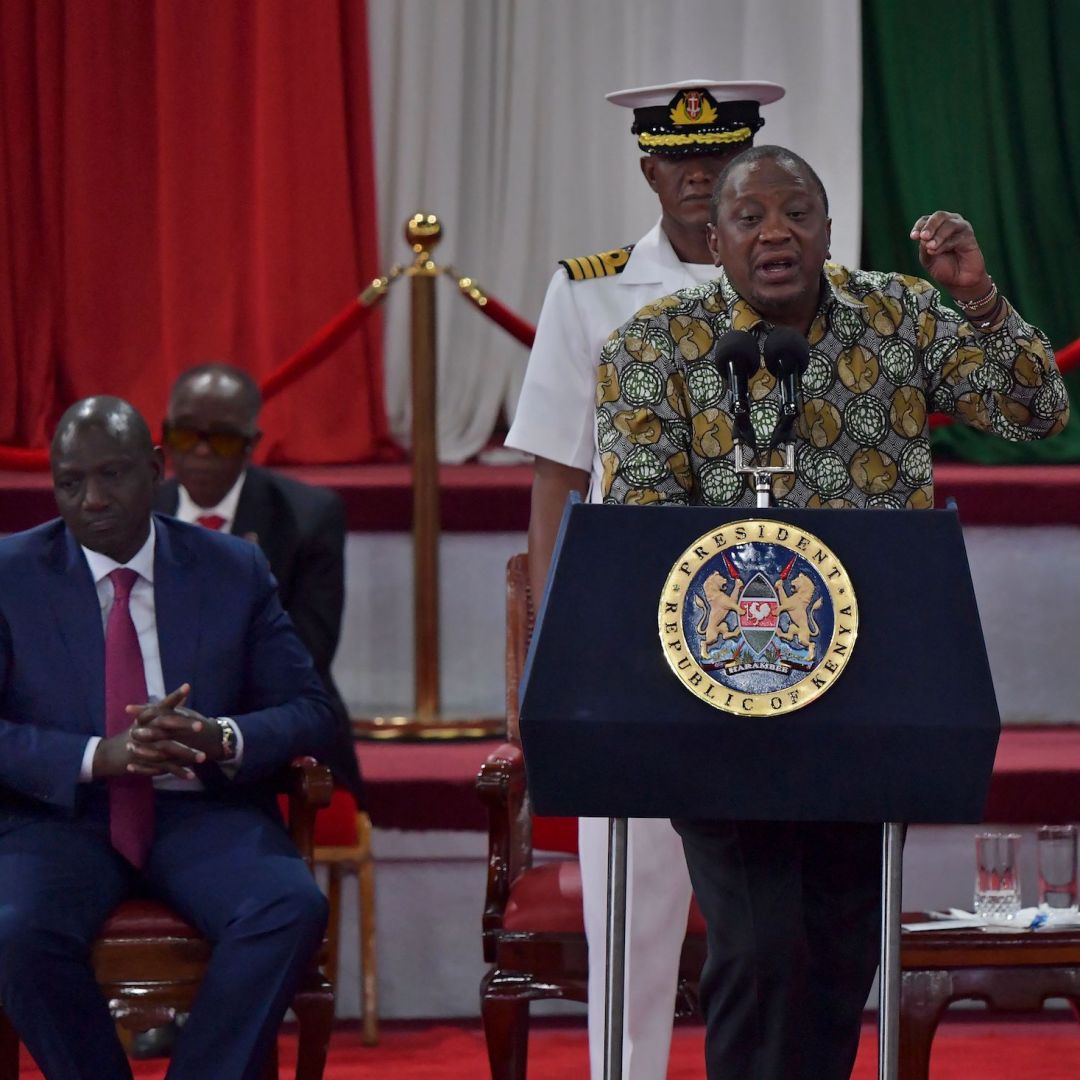
AssessmentsOct 8, 2020
In Kenya, the Stage Is Set for Another Tumultuous Election Season

SnapshotsJul 29, 2020
Is Uganda's 30-Year Run of Political Stability Nearing an End?

